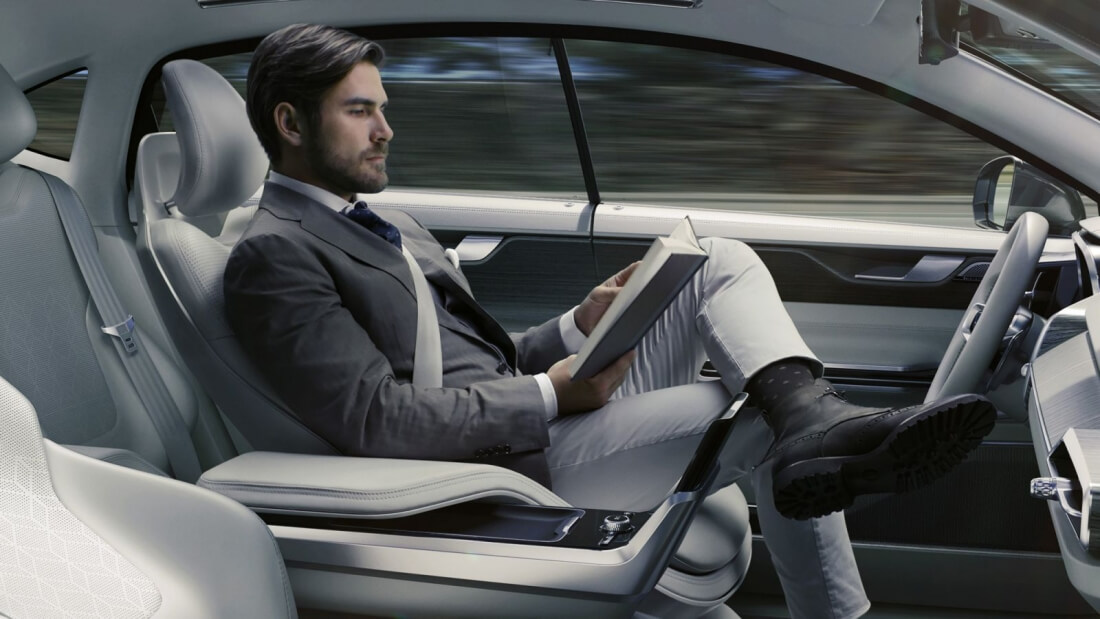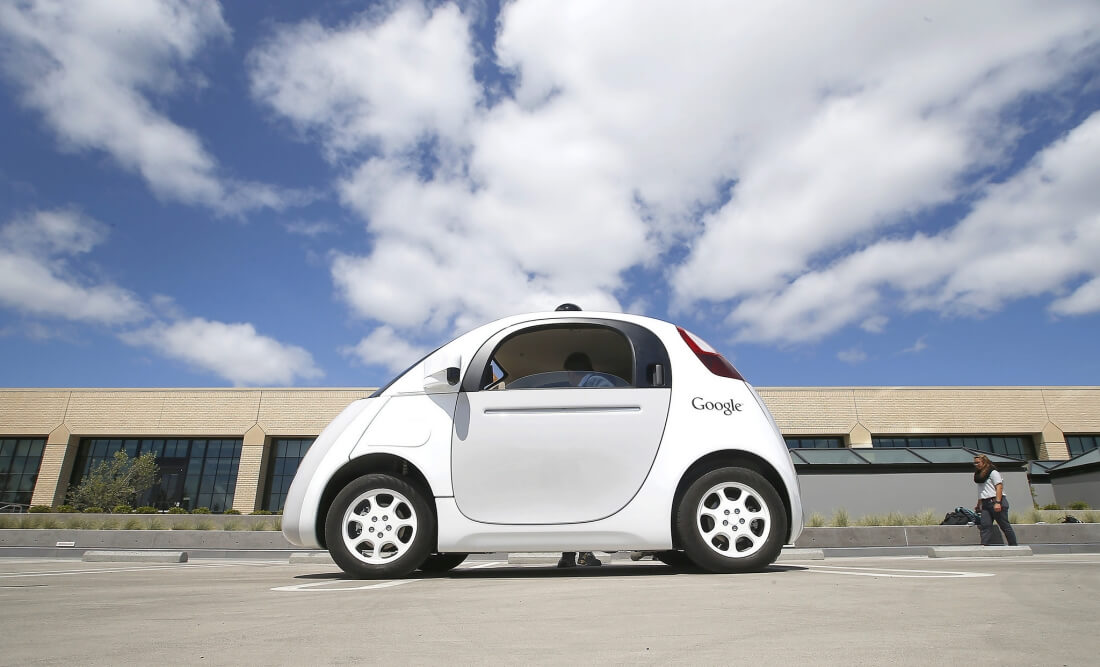There's billions of dollars to be made (and lost) in the autonomous vehicle sector. The problem? It's still many years away, a realization that some of the world's most influential companies want to expedite.
Google, Ford, Lyft, Uber and Volvo on Tuesday announced the formation of the Self-Driving Coalition for Safer Streets, a lobbying group for those who stand to benefit from autonomous vehicles hitting roadways sooner rather than later.
David Strickland, a former top official with the U.S. National Highway Traffic Safety Administration (NHTSA), will serve as the group's counsel and spokesperson, Reuters reports.
The announcement comes just one day ahead of the NHTSA's second of two public forums on self-driving car guidelines. The event, which will feature comments from automakers and tech companies, takes place on Wednesday at Stanford University.
The NHTSA aims to release its self-driving vehicle guidelines to policymakers, states and companies this summer.
In a prepared statement, Strickland said the best path for innovation is to have one clear set of federal standards. The coalition will work with policymakers to find the right solutions that will facilitate the deployment of self-driving vehicles, he added.
In a separate statement, Ford said fully autonomous vehicles will help people travel more safely and efficiently. Uber echoed those sentiments, noting that self-driving cars can help save millions of lives.

A world populated with self-driving vehicles would afford a number of other benefits as well, such as providing reliable transportation for the disabled and freeing up time that is currently allocated to commuting.
While it may be morbid to think about, services like organ donation would sharply decline if traffic accidents were eliminated. What's more, insurance rates would also likely plummet, putting a large number of people out of work. And we'd also need fewer doctors, so that's even more people without a job. Schools would no longer need drivers ed courses and the teachers that teach them.
In a world of perfect driving, there would be no reason for police to patrol the roadways, thus eliminating a major source of revenue for cities and eliminating the possibility that a routine traffic stop could lead to the arrest of an individual with an outstanding warrant or someone toting around a trunk full of illegal weapons.
All of this is in addition to the fact that cities would no longer need as many police officers, thus putting even more people out of a job. And what happens when a self-driving vehicle malfunctions and causes an accident resulting in fatalities?
I, like millions of others, believe the future lies in self-driving vehicles but I'm not naïve enough to think it is all sunshine, rainbows and unicorns. Self-driving cars are projected as futuristic chariots, ready to take passengers to their destination at a moment's notice but it's just not that simple. I don't think people are considering the ramifications of replacing modern vehicles with those of the autonomous variety.
Lead image courtesy Tony Avelar, Associated Press
